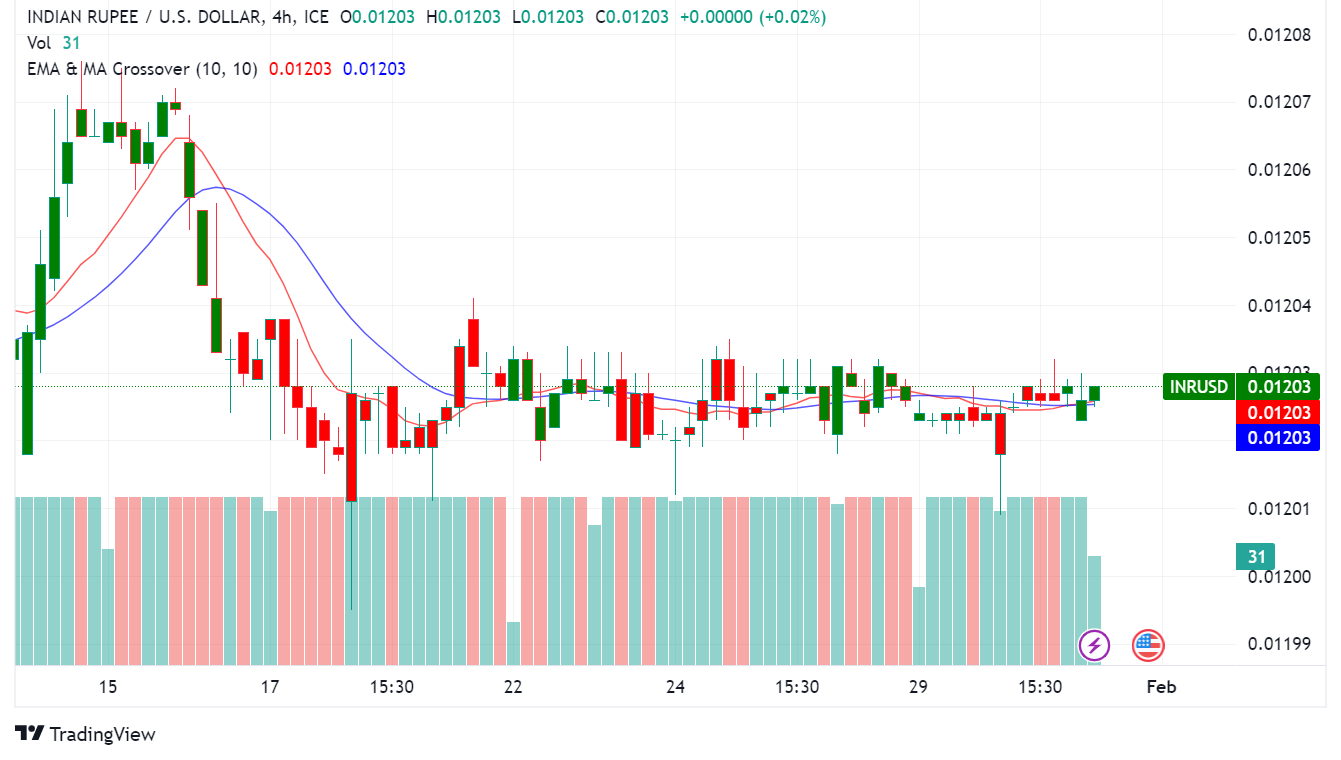India’s Interim Budget: A Tightrope Walk with Global Markets Watching

India’s interim budget for 2024-25, set to be presented by Finance Minister Nirmala Sitharaman on February 1, 2024, is anticipated to have significant implications, both domestically and on the global financial markets. This budget presentation comes ahead of the general elections, which makes it an interim budget with expectations of certain key fiscal announcements.
Fiscal Prudence and Growth Forecasts
The interim budget is expected to outline allocations for ongoing programs until a full budget is presented by the new government. A key focus is on meeting the fiscal deficit targets, with a roadmap towards attaining a fiscal deficit of 4.5% by FY26. This emphasis on fiscal responsibility is crucial for maintaining investor confidence and economic stability.
Sector-specific Focus
The budget may lay special emphasis on boosting tourism by developing unexplored tourist places, which could have a ripple effect on job creation, foreign exchange inflow, real estate, and transportation sectors. In the realm of education, provisions for foreign universities and higher education institutions might be laid out, aligning with the National Education Policy.
Healthcare, especially under the Ayushman Bharat Pradhan Mantri Jan Arogya Yojana, is likely to receive significant attention. Furthermore, the budget might address the fintech sector, possibly with tax holidays, and emphasize green energy initiatives to meet ‘Net-Zero’ emission goals.
Infrastructure and Welfare Spending
An increase in welfare spending is anticipated, especially targeting the reduction of the fiscal deficit to 4.5% of the GDP by FY26. The government might focus on infrastructure development, particularly in digitized India, green hydrogen, electric vehicles (EVs), and broadband. There’s also an expectation of increased allocations for food and fertilizer subsidies and affordable housing.
Stock Market and Tax Sops
Market analysts predict a preference for fiscal prudence, though some populist measures may be introduced due to the upcoming elections. There could be tax sops for the middle class and a continued focus on infrastructure development. The automobile sector might see continued allocation in areas like scrappage policy and PLI schemes, while the defense sector could expect a 5-7% increase in capital outlay.
Impact on Global Financial Markets
The budget holds the potential to influence global financial markets, including the cryptocurrency sector. As India is one of the most populous nations, its financial decisions carry weight beyond its borders. The global financial community is keenly awaiting the unveiling of India’s economic roadmap, which could shape sentiments in traditional markets as well as in dynamic sectors like cryptocurrencies
The budget’s impact on global markets will depend on several factors:
- Investor sentiment: A budget perceived as favoring economic growth and stability could attract foreign investments and boost Indian equities. Conversely, populist measures or fiscal slippage could raise concerns and lead to market volatility.
- Global economic context: The ongoing trade war between the US and China, rising interest rates, and slowing global growth could amplify the budget’s impact on both domestic and international markets.
- Oil price fluctuations: India’s dependence on oil imports makes it vulnerable to price fluctuations. A budget that addresses energy security concerns could offer some stability.
Analysts Remain Cautious About India’s Interim Budget
Most experts predict a cautious budget focused on maintaining stability and avoiding major policy shifts. However, the possibility of populist measures aimed at appeasing voters ahead of the elections cannot be ruled out. This could lead to short-term market volatility, especially if it contradicts investor expectations.
India’s interim budget is a tightrope walk, balancing domestic priorities with the watchful eyes of global financial markets. While major policy announcements are unlikely, the budget’s direction could offer valuable insights into the country’s economic trajectory and its impact on the global financial landscape. The coming days will be crucial as investors dissect the budget’s details and assess its potential ripple effects on international markets.
| Broker | Website | |
|---|---|---|
| 🥇 |  | Visit Broker >> |
| 🥈 |  | Visit Broker >> |
| 🥉 |  | Visit Broker >> |
| 4 |  | Visit Broker >> |
| 5 |  | Visit Broker >> |
| 6 |  | Visit Broker >> |
| 7 |  | Visit Broker >> |











